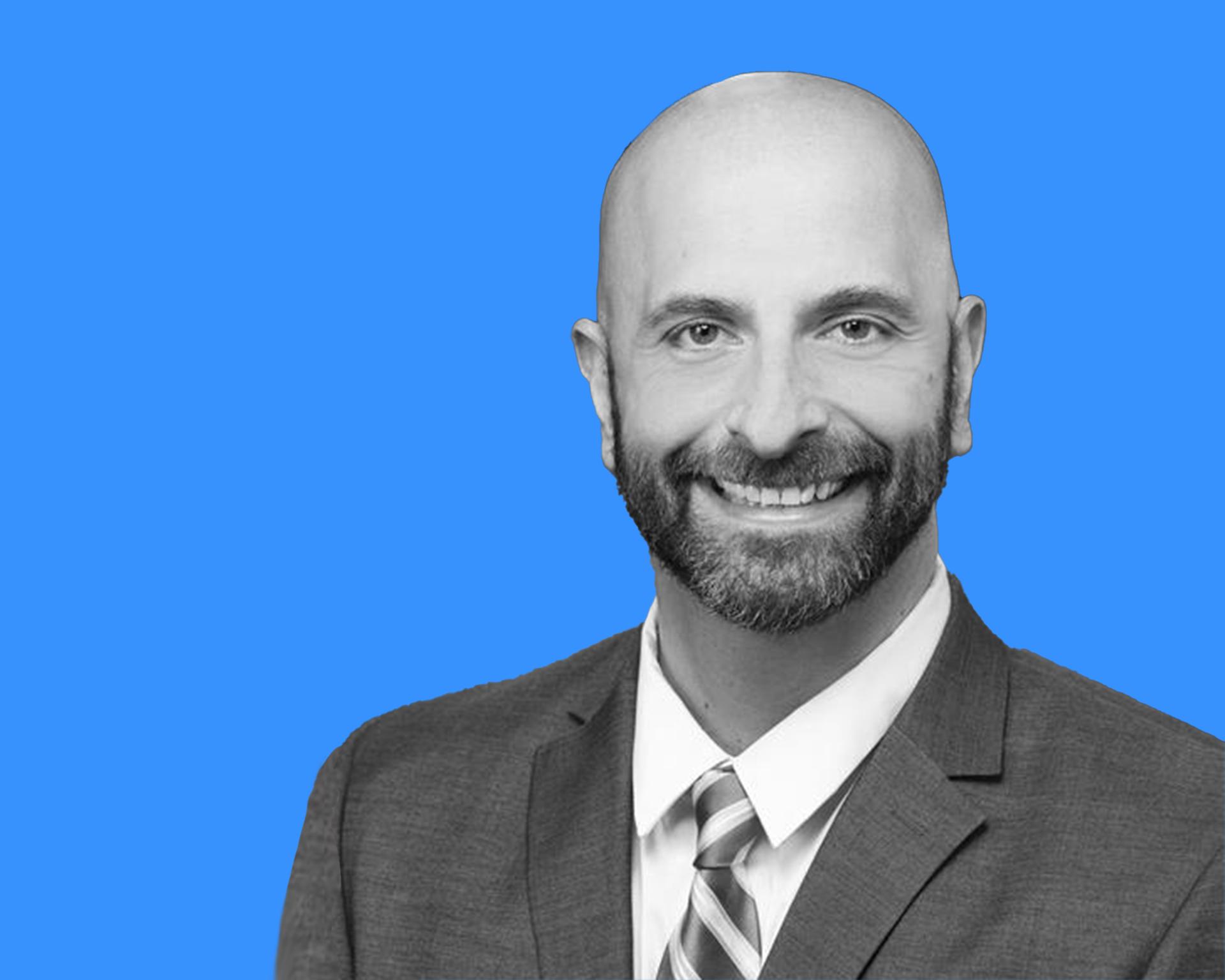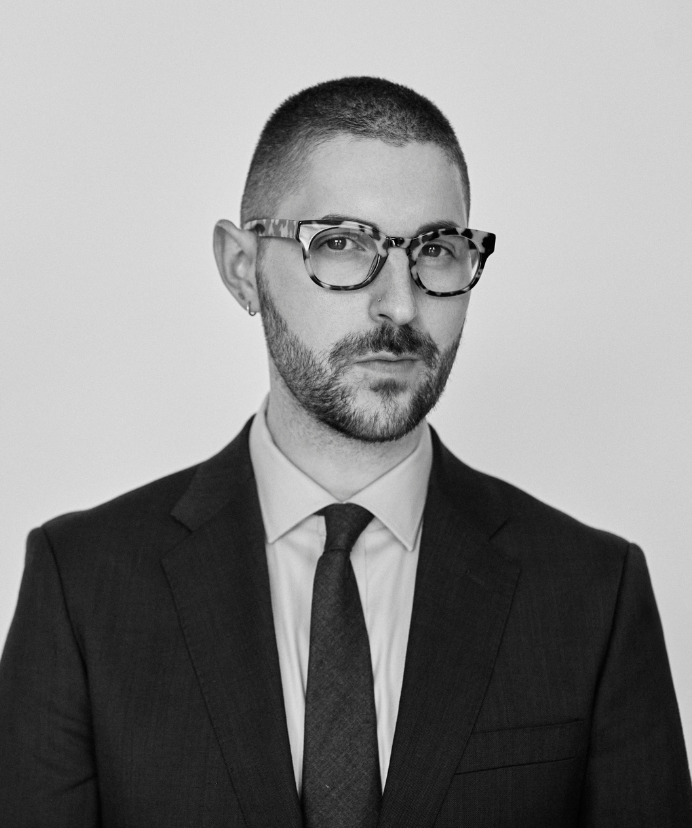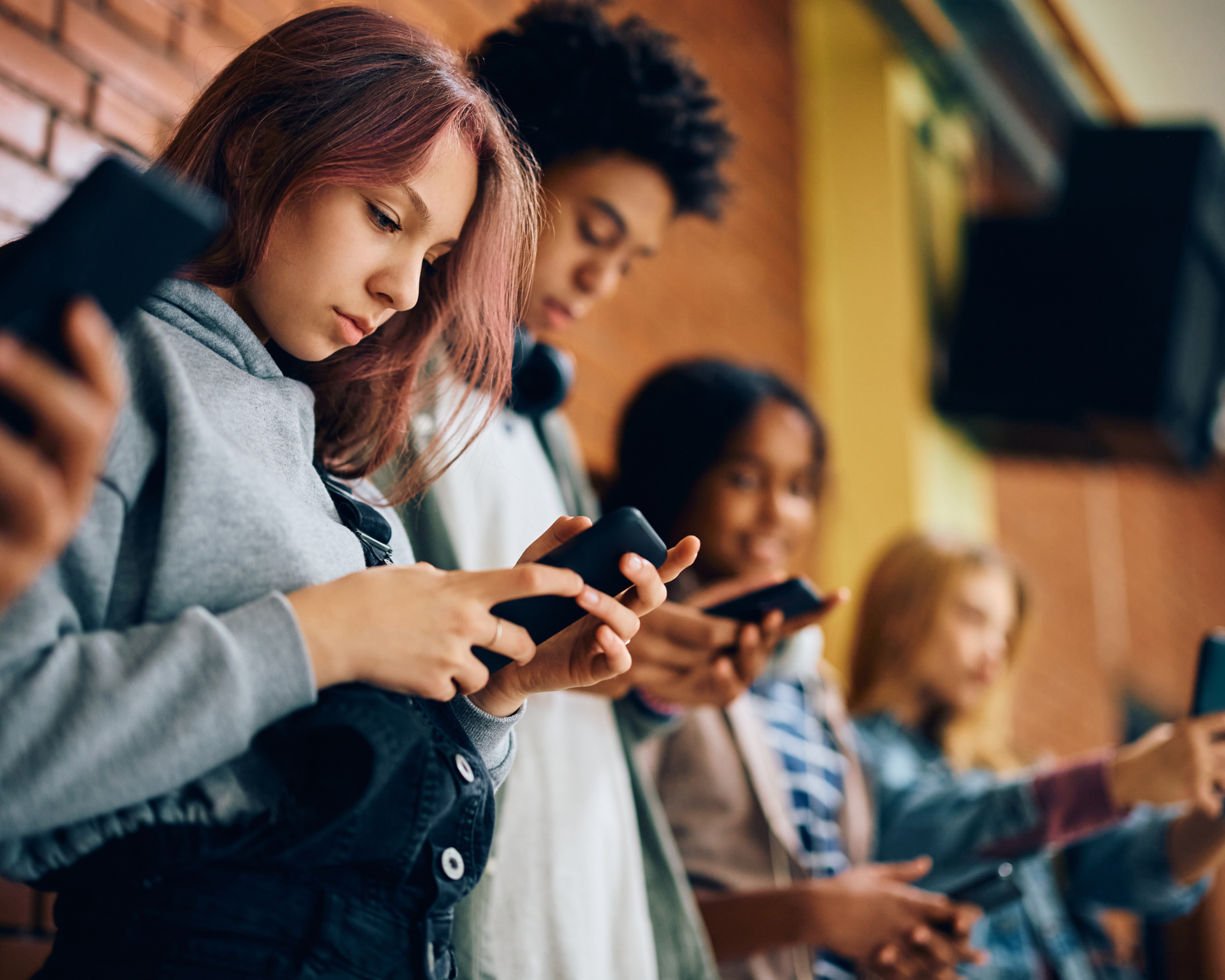Choosing Science Over Silence
Demetre C. Daskalakis reflects on his recent resignation from the CDC, the political moment, and the next generation of public health leaders.

Read Time: 5 minutes
Published:
When he wrote “enough is enough” in his resignation letter on August 27, Demetre C. Daskalakis signaled that his departure from the Centers for Disease Control and Prevention (CDC) was a principled protest against the politicization of public health.
Dr. Daskalakis first saw HIV’s toll on gay and bisexual men during his days at Columbia University in the early 1990s, an experience that propelled him into a public health career in New York City after training in internal medicine and infectious diseases in Boston. At the New York City Department of Health and Mental Hygiene, he led the NYC Ending the HIV Epidemic program and was the first public health official to affirm undetectable equals untransmittable (U=U), normalizing the message that a person living with HIV who is on treatment and maintains an undetectable viral load has zero risk of transmitting HIV to their sexual partners. Dr. Daskalakis credits leading historic responses locally to HIV, measles, and COVID-19 for preparing him to scale responses nationally.
Below, the former director of the National Center for Immunization and Respiratory Diseases at the CDC reflects on his resignation, our political moment, the next generation of public health leaders, and Madonna.
In 2022, President Biden appointed you to serve as the White House National Mpox Response Deputy Coordinator. Do you think bringing your lived experience in LGBTQ communities helped you respond to a public health emergency in these same communities?
Daskalakis: One hundred percent. I learned what it truly means to be a trusted messenger. I had worked alongside many before, but becoming one myself was eye-opening and was both thrilling and exhausting. Putting yourself out there has a dark side, as well, but I tend to focus only on the light and the good that using my lived experience has done in guiding my community through the outbreak.
In August, you resigned from the CDC, writing, “after much contemplation and reflection on recent developments and perspectives brought to light by Secretary Robert F. Kennedy Jr., I find that the views he and his staff have shared challenge my ability to continue in my current role at the agency and in the service of the health of the American people. Enough is enough.” During both terms, the Trump administration’s position on various public health threats surprised experts. What sparked your decision to leave the CDC this time around?
First, do no harm. It’s the promise I made when I took the Hippocratic Oath. I saw the CDC becoming an ideology machine — ignoring data, valuing conspiracy theory, and sidelining the scientific process. What I feared happened: the agency posted a political manifesto online, and its social media began pumping out misinformation. My grandfather gave his life to defend his village in Greece from fascists. The least I could do to honor him was to resign and expose what I was witnessing: actions from the federal government that will harm the health of the nation and the world.
Soon before your resignation, a gunman opened fire at the CDC, killing DeKalb County Police Officer David Rose. The New York Times reported that one of the bullets hit the windows of your office. Do you see parallels between this attack and the broader politicization of public health during crises like HIV, COVID-19, and mpox?
The rhetoric against science and scientists promoted by the current Secretary of Health and his allies created a hostile, volatile environment in which a young man with mental health challenges felt compelled to fire 500 bullets into the CDC headquarters, fueled by vaccine misinformation that he had absorbed.
In your resignation letter, you also wrote, “For decades, I have been a trusted voice for the LGBTQ community when it comes to critical health topics. I must also cite the recklessness of the administration in their efforts to erase transgender populations, cease critical domestic and international HIV programming, and terminate key research to support equity as part of my decision.” Based on what you saw at the CDC, how can queer and trans communities care for ourselves at a time when governments refuse to invest in our health and rights?
This is an even more difficult time for LGBTQ people. We are under attack, along with women and people with limited access to services. This is when community is the most important. Connect with your chosen family. Support queer spaces and organizations. We get through by relying on each other.
You mentioned cuts to public health programming and research. With these cuts come workforce reductions. What would you say to graduate students of public health concerned about starting their careers in this political moment?
Don’t give up. There are lots of spaces where your expertise will be needed, even if it is outside of governmental public health. Keep learning and acquiring skills. Keep connecting with communities. The pendulum will swing, and we need you more than ever.
In POZ, you said that those in the fight should “lick your wounds quickly and move on.” Would you advise the same for the next generation of practitioners who still want to protect and improve the public’s health despite a wave of conservatism?
Yes. Like Madonna said:
It doesn’t matter who you are
It’s what you do that takes you far
And if at first you don’t succeed
Here’s some advice that you should heed
You get up again, over and over
You are a great admirer of Madonna. I’m thinking of her ballad, Live to Tell, while reflecting on your work. Which song of hers is getting you through these days?
Human Nature! You get the picture.



